The German government plans to introduce a new industrial electricity tariff that will cap power prices for all industries—including smelters and steel producers—at around five euro cents per kilowatt-hour (approximately EUR 50 per MWh). Supported by EUR 6.5 billion in direct state funding, this measure would reduce industrial electricity prices to half the level seen in the Czech Republic.
The Czech Steel Association warns that this creates an unacceptable competitive disadvantage for Czech producers. The association notes that industrial electricity prices in the Czech Republic are around EUR 100 per MWh and highlights that the country’s sole domestic crude steel producer, Třinecké železárny, consumes roughly 1 TWh of electricity annually. This price gap translates into an additional cost of 3–4 billion CZK per year for a producer of this size.
Třinecké železárny CEO Roman Heide stressed that the situation is critical for the industry’s long-term viability, stating: “We see the German government’s support as an effort to stabilize industry amid high costs and uncertain energy policies. However, without similar conditions, the Czech steel industry will become unsustainable in the long run. If no clear support mechanism is established, crude steel production in the country faces the risk of disappearing entirely. This would not only lead to job losses but would seriously undermine our nation’s industrial self-sufficiency.”
EU steel market under dual pressure
The Steel Association notes that the European steel sector is simultaneously facing both global and intra-European pressures. Energy prices in the US, the Middle East, and Asia are at one-half to one-third of European levels, significantly eroding the competitiveness of EU steelmakers. At the same time, cheap and often state-supported steel from Asia continues to increase its share in the EU market. According to Eurofer, more than 30% of steel consumed in Europe is imported.
In response, the European Commission has proposed cutting steel import quotas by almost half and raising above-quota tariffs from 25% to 50%. Under the Clean Industrial Deal, the Commission has also allowed member states to introduce national protection mechanisms such as energy subsidies and investment incentives. The Steel Association argues that this increasingly ties industrial policy to national budget power and weakens the integrity of the single market.
Marcela Kubalová, Chair of the Association’s Board, stated: “The European Commission is increasingly shifting its responsibility to protect industry onto member states. This creates an uneven playing field where countries with stronger budgets gain an advantage. With Germany’s new tariff, German industry will have access to energy that is almost twice as cheap as that available to Czech companies. For regions like Central Europe, which are closely interconnected economically, this poses a systemic risk.”
Ocelářská unie concludes by emphasizing that the European steel market is at a critical turning point and reiterates its call for the Czech government to take swift and effective measures to preserve the sector’s competitiveness.


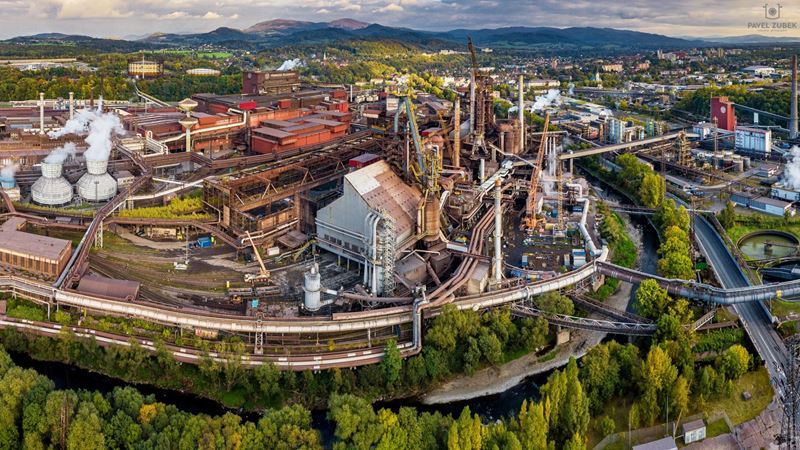
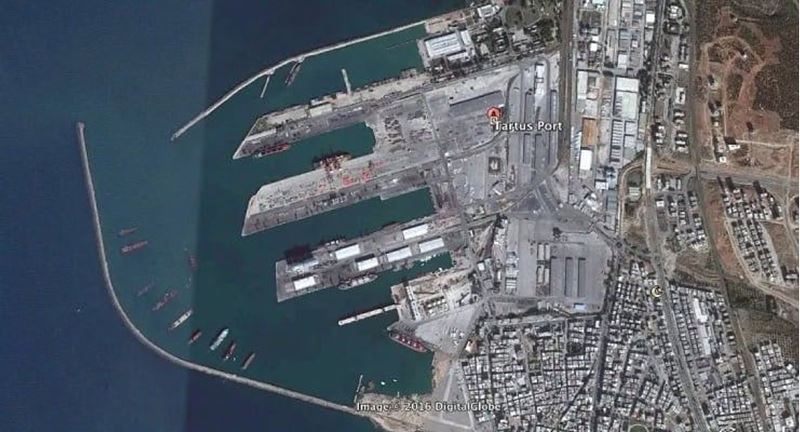
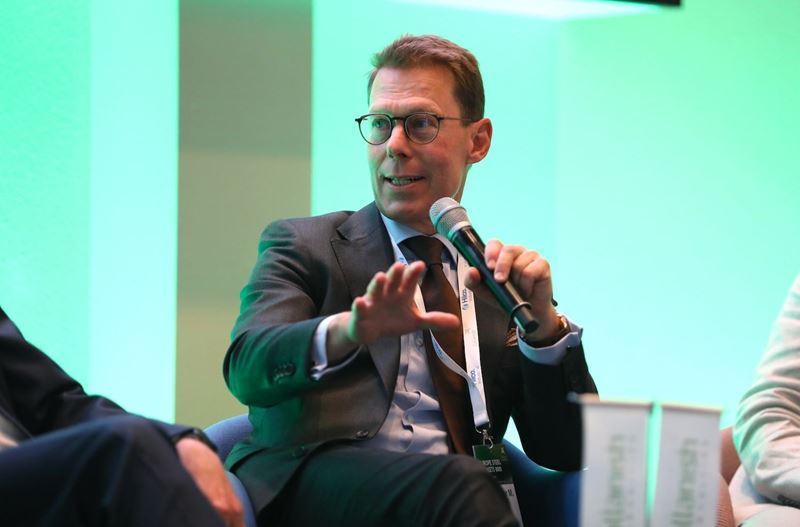
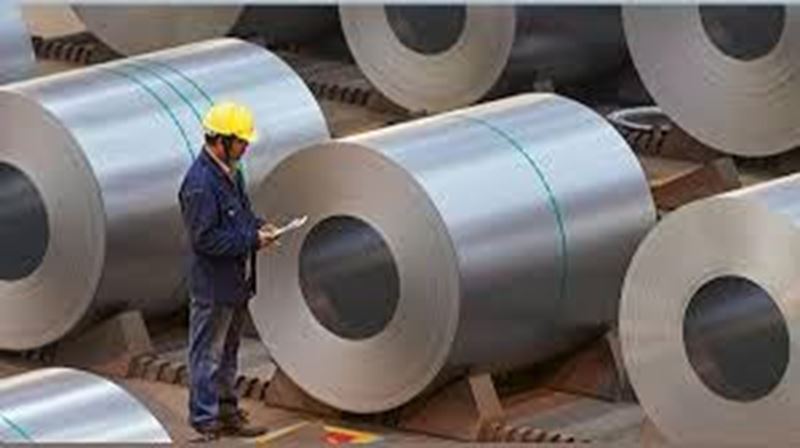
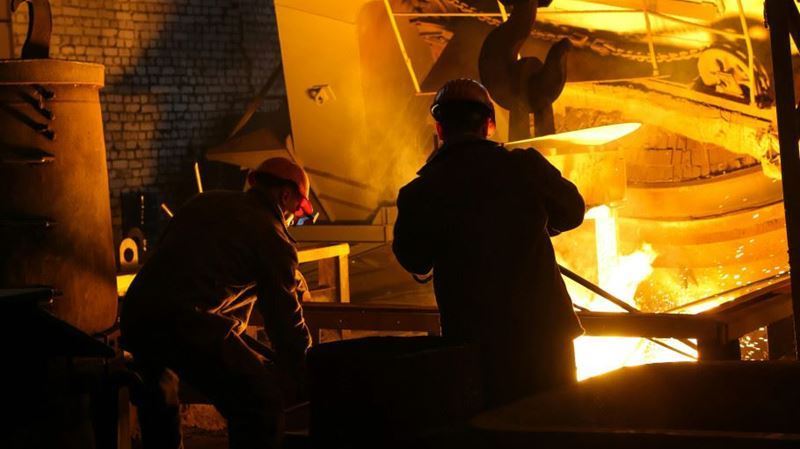



Comments
No comment yet.